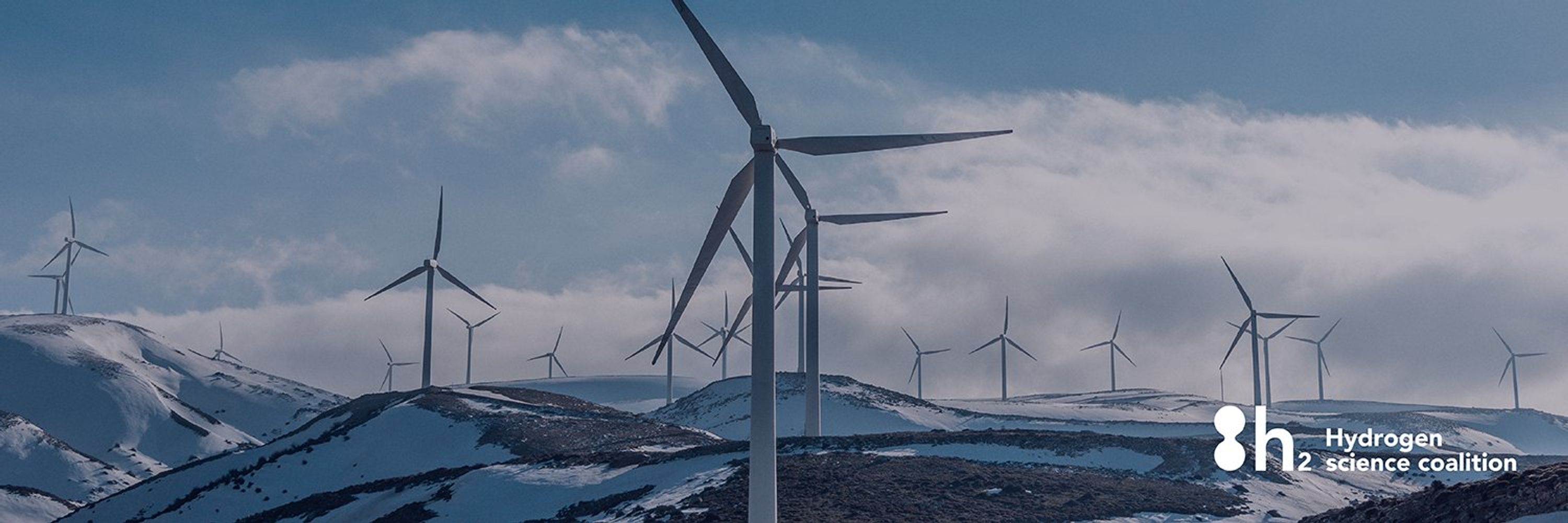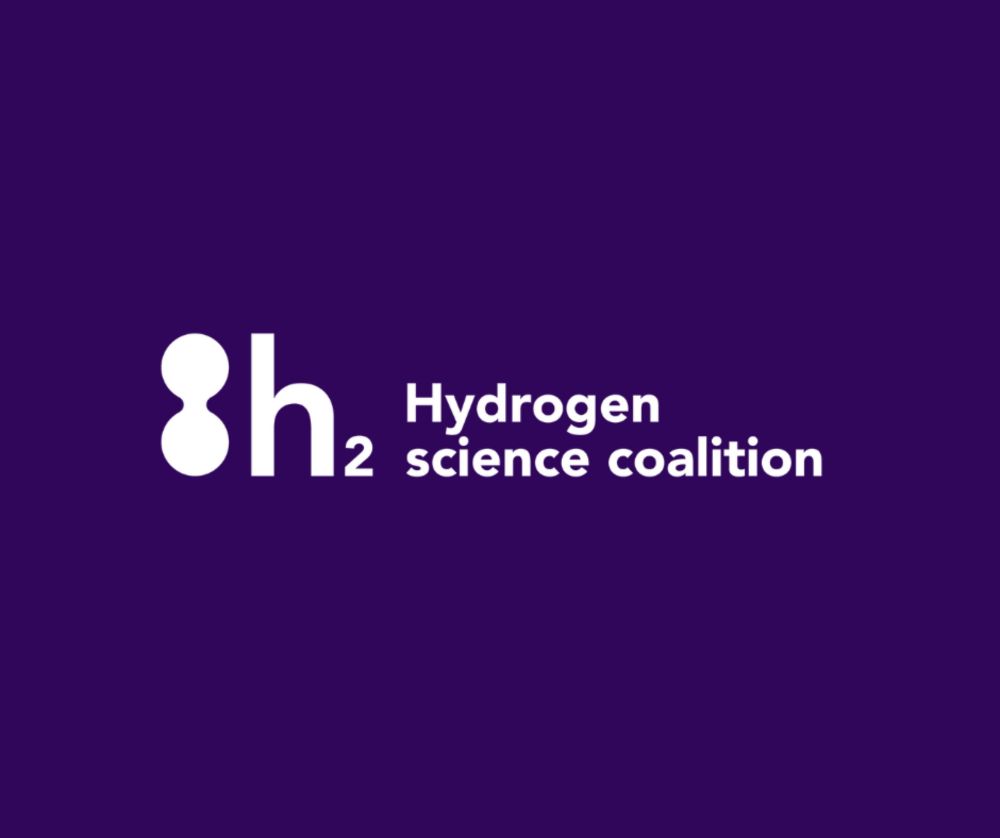
Clean, green hydrogen made from renewable electricity is in scarce supply globally. Using it to fuel vehicles that can instead be directly electrified is a low priority. (4/6)
Clean, green hydrogen made from renewable electricity is in scarce supply globally. Using it to fuel vehicles that can instead be directly electrified is a low priority. (4/6)


